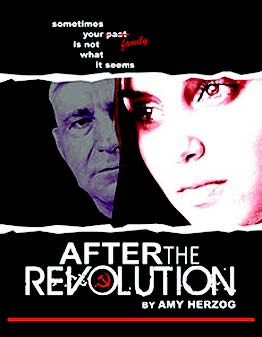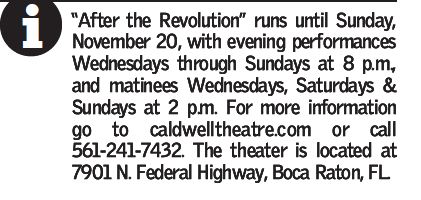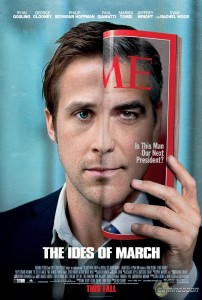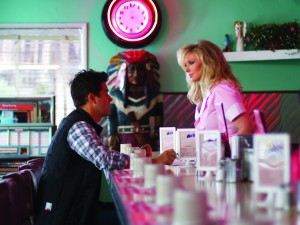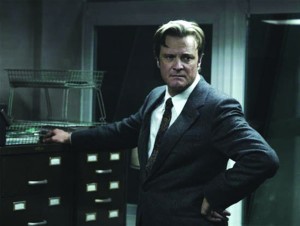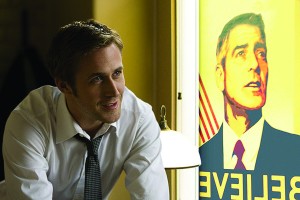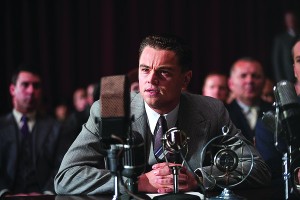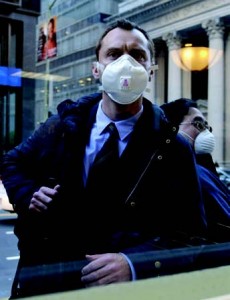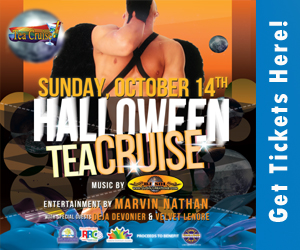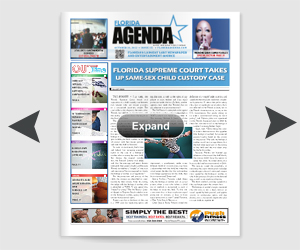By Warren Day
What character, fictional or real, has appeared in more movies, either in a small or big role, than any other figure? What would be your guess? If you were to say Jesus, you would be wrong. Also if you suggested Robin Hood, Abe Lincoln, Cleopatra, James Bond, or Queen Elizabeth I you’d be far off. But if you guessed Tarzan or Dracula you would be getting very close (yes there is a dearth of female characters on this list).
According to the Guinness Book of Records, the character who’s appeared in the most motion pictures is elementary my dear Watson, because it’s Sherlock Holmes.
Starting in 1887 Arthur Conan Doyle, an unsuccessful doctor, wrote 56 short stories and four novels featuring the Great Detective and his colleague Dr. Watson. Almost instantly Holmes entered into the mythic realm, one of literature’s great iconic figures. And beginning in 1900, Holmes has appeared in over 230 films and still counting, not to mention hundreds of TV episodes.
He’s also proved to be one of the most flexible and adaptable of characters, and since Sherlock Holmes has entered the public domain, fertile and futile minds have been free to put whatever spin their imagination can conjure or their marketing research infers. We’ve had Holmes as melodrama, drama, comedy, satire and even a musical. He’s been a spyhunter in World War II, a figure in the holodeck of Star Trek, a teenager at a boarding school, a young man in modern London, a drug addict under the care
of Sigmund Freud, and even a couple of times a gay man cavorting with Dr. Watson (to quote “The Boys in the Band,” no straight man has a male roommate past 30). He’s truly the “flubber” of movie characters, able to stretch into whatever form writers or studio heads might want.
In 2009, the director Guy Ritchie, ex-husband of Madonna, turned him into a fast-paced, unshaven action hero, a kind of Indiana Jones of the Victorian Era, with enough comedy between him and Watson to almost be the Abbott and Costello of Baker Street. For those of us who love Sherlock Holmes, it seemed like a blasphemous idea, but the result was fun and more than a little clever, showing the old boy in a new light and in a style more in keeping with modern movie audiences.
It was a gigantic hit, so naturally there had to be a sequel, and you’ll find that sequel right now in a theater near you, “Sherlock Holmes: A Game of Shadows.”
Once again Robert Downey, Jr. gives his tongue-in-both-cheeks interpretation of the Great Detective, even if his British accent sounds at times more like a nightclub comedian’s imitation than anything you’d hear around Regent’s Park. Jude Law is more restrained as Watson, and therefore wears better over the 129 minutes.
Noomi Rapace, the original “Girl with the Dragon Tattoo” from the Swedish version has just a tagalong role, but she handles herself well in her first English-speaking part. Jared Harris gives the most subtle performance as Holmes number one nemesis, Professor Moriarity, the original super-villain who’s the model for most of the James Bond archenemies. What plot there is revolves around Moriarity’s attempt to get into the arms selling business by creating a war that will create a demand for his warehouses of lethal products.
Guy Ritchie seems to feel that everyone is suffering from ADD, so the movie is a true potboiler, overcooking every scene, allowing nothing to simmer. The forward rush in his first Sherlock Holmes movie worked, but here it comes across as more frantic, manufactured, and a little desperate, not unlike what Madonna’s stage shows became.
One doesn’t go to a James Bond or Indiana Jones movie expecting credibility, but if the implausibility is piled on too much, it does break your involvement in the story, i.e. Shia LaBeouf swinging through a CGI jungle like a monkey on speed in the last Jones movie. There are several moments like that in this film. Sir Arthur Conan Doyle did make Holmes an excellent boxer, but Ritchie turns him into Bruce Lee on the Thames, and he gives Watson some medical skills that wouldn’t be developed until years later. The logical deductions of Holmes in the stories and most of the previous films are turned more into wild guesses, coincidences, the stupidly of your adversaries, and the fact that Downey has read the script and knows what the other characters are going to do.
tIt’s either Ritchie’s strength or pandering weakness that he realizes the majority of today’s movie audience doesn’t want to think, but to be titillated, that when it comes to box office, bombast is more important than brains.
Send your comments and questions to AgendaReviews@aol.com Every email will be answered.




